Fire Resistance of Stone Protective Films
2025-08-01
Fire Resistance Analysis of Stone Protective Films
1. Material Flame Retardancy Analysis
The fire resistance of stone protective films primarily depends on their material composition. Flame-retardant materials are inherently difficult to ignite, burn slowly when exposed to flames, and extinguish quickly after removal from heat sources.
Material Comparison
- Flame-retardant films: Slow burning, self-extinguishing
- Ordinary materials: Rapid combustion, dripping hazards
- Key difference: Ignition resistance and burn rate
2. Flame Exposure Performance
When directly exposed to flames, high-quality protective films exhibit carbonization without flame spread, while inferior products rapidly ignite and may release irritating gases.
| Performance Aspect | High-Quality Film | Standard Film |
|---|---|---|
| Initial Ignition | Delayed (15+ seconds) | Immediate (2-5 seconds) |
| Flame Spread | Minimal | Rapid |
| Molten Dripping | None | Significant |
3. High-Temperature Stability Testing
Premium fire-resistant films maintain structural integrity under sustained heat, while inferior products deform, shrink, or even decompose into harmful substances.
Stability Factors
- Resistance to deformation at high temperatures
- Prevention of harmful substance release
- Maintenance of protective function
4. Fire Resistance Ratings
Certified products undergo rigorous testing to control combustion rate and smoke emission. Always verify fire certifications to ensure performance matches your safety requirements.
You Might Also Like
-
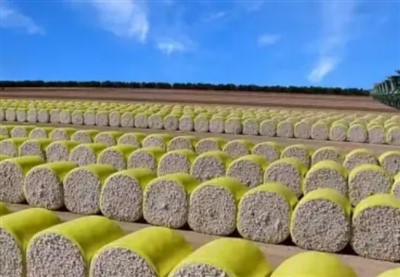
what are the advantages of cotton packaging film
-
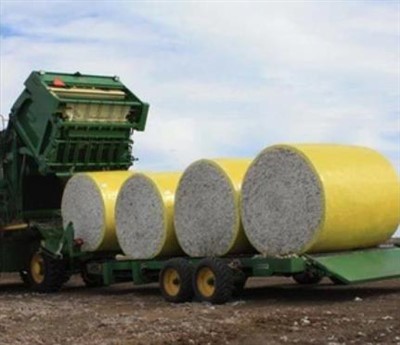
The Advantages of Cotton Wrap Film
-
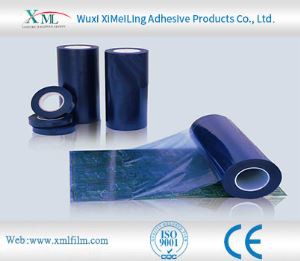
How does pe protective film cope with high temperature environment
-
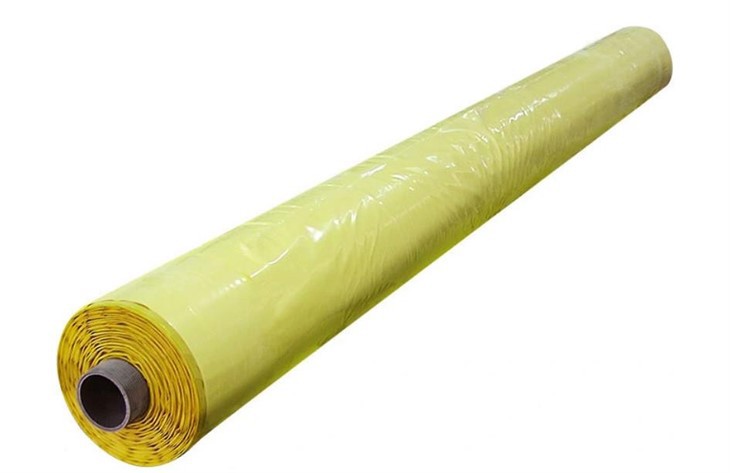
Advantages of Cotton Bale Wrap Film
-
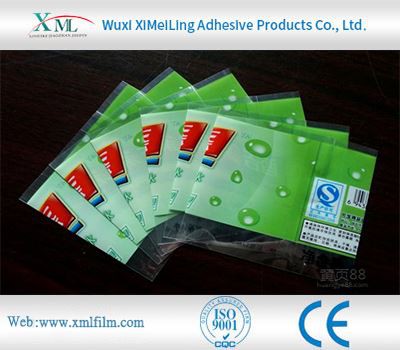
How Polyethylene Packaging Material Copes with High Temperature Environment
-
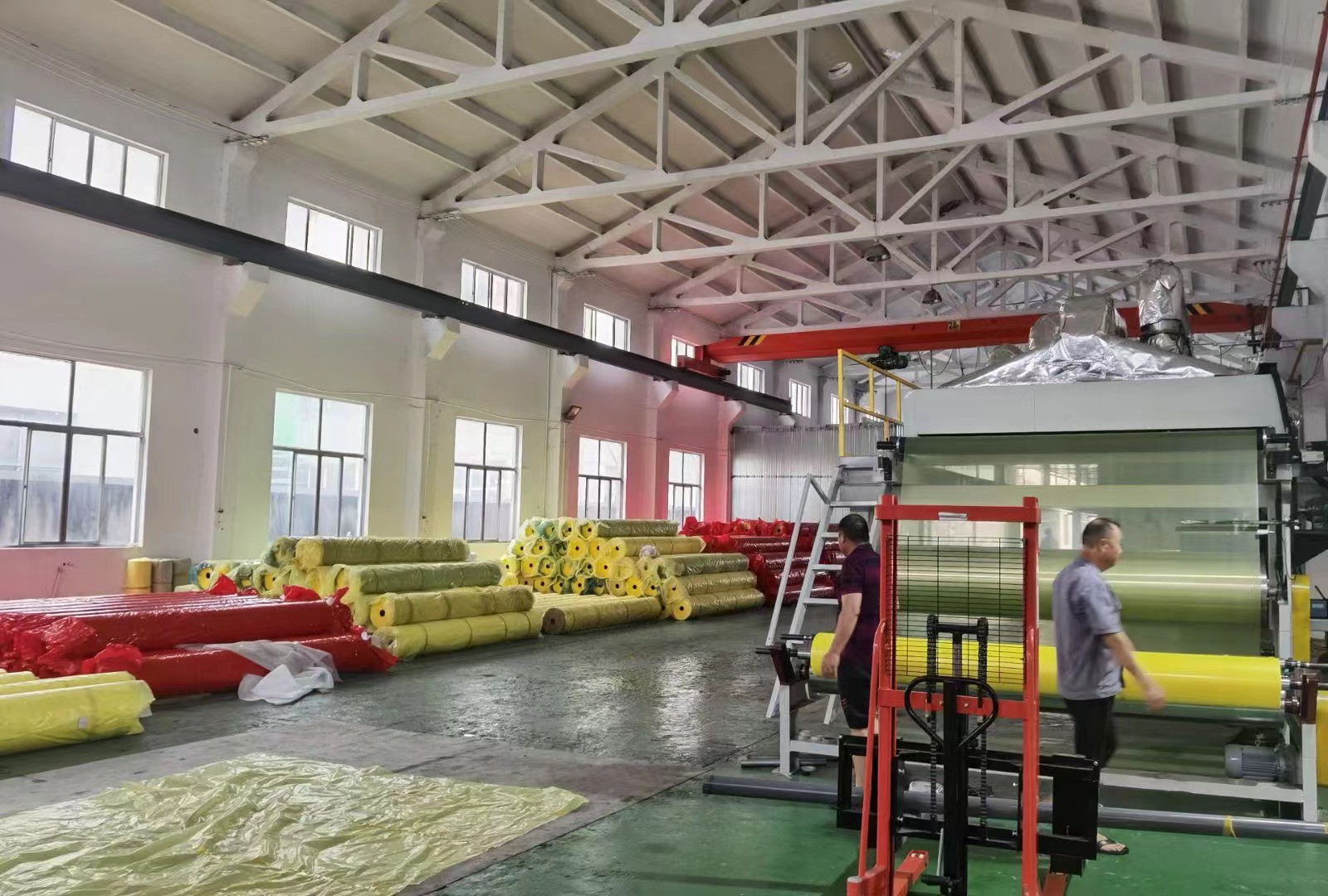
Storage method of cotton bale wrap film
